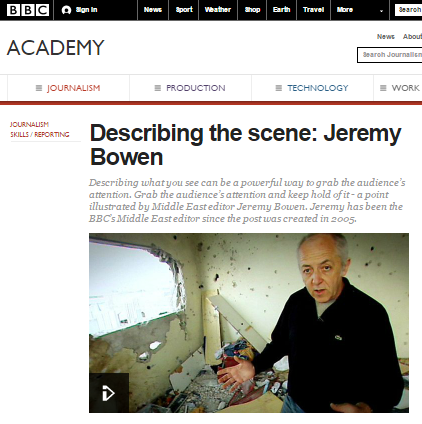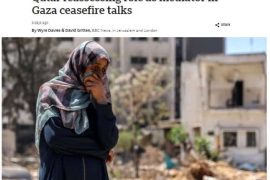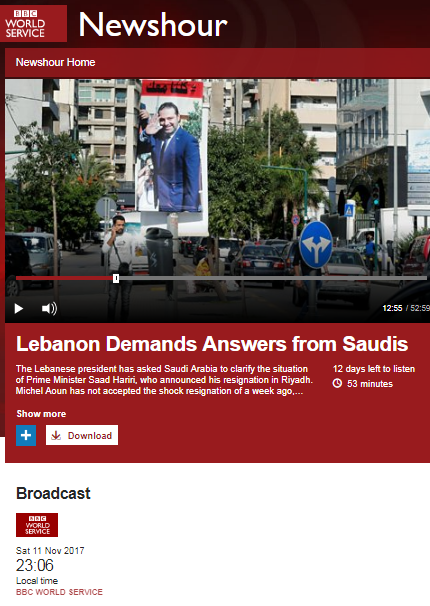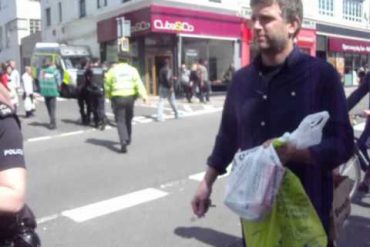Under the heading “Journalism Skills Reporting”, the BBC Academy published a video of a report produced by Jeremy Bowen in 2009 as an example of best practice when “Describing the scene”.
“At its most basic, journalism is about telling people what you’ve found out, what’s around you, and what you can see. You’re there – the audience isn’t. Some of the most powerful reporting is cast in this mould.
It’s tempting, especially when you’re reporting from an extraordinary scene, to overload your audience with how you feel about the events whose aftermath you’re witnessing.
It’s also easy to leap to considering the causes or context. Sometimes that’s important; often it gets in the way.
Watch Jeremy Bowen as he reports from a bomb site in Gaza in 2009. His commentary on what he sees as he walks around the room is cool, clear, dispassionate, and powerful.”
Like the BBC Academy’s portrayal of the circumstances in which the report was made, Bowen’s commentary is completely devoid of the context behind that story.
“The IDF concluded Wednesday that Israeli tank shells caused the deaths of four Palestinian girls, including three daughters of Dr. Izzeldin Abuelaish, when his house was accidentally attacked on January 16, during Operation Cast Lead. Following the investigation, the army confirmed that two shells had hit the building. […] The IDF said that a Golani Brigade force was operating near Beit Lahiya when it came under sniper and mortar fire in an area laden with explosives. After determining that the source of the fire was in a building adjacent to Abuelaish’s home, the force returned fire. While the IDF was shooting, suspicious figures were identified in the top floors of the doctor’s house, and the troops believed the figures were directing the Hamas sniper and mortar fire, the army said. Upon assessing the situation in the field while under heavy fire, the commander of the force gave the order to open fire on the suspicious figures, and it was from this fire that his three daughters were killed, said the IDF. Once the soldiers realized that civilians, and not Hamas gunmen, were in the house they ceased fire immediately, continued the army. […] The IDF Spokesman’s Unit stressed that in the days prior to the incident, Abuelaish – who had worked before at Beersheba’s Soroka University Medical Center and had very good connections with Israelis – was contacted personally several times by officers in the Gaza Coordination and Liaison Administration to urge him to evacuate his home because of Hamas operations and the intense fighting that was already taking place in that area for several days. In addition to the personal contact made directly with the doctor, the IDF issued warnings to the residents of Sajaiya by dropping thousands of leaflets and by issuing warnings via Palestinian media outlets.”
While the BBC Academy apparently holds the view that “context […] often… gets in the way”, it is difficult to see how BBC journalists can fulfil the corporation’s remit of building “understanding of international issues” if context is deemed an optional extra.
Related Articles:
Context erased from BBC report concerning 2009 Gaza incident
What does the BBC Academy teach the corporation’s journalists about Judaism?




